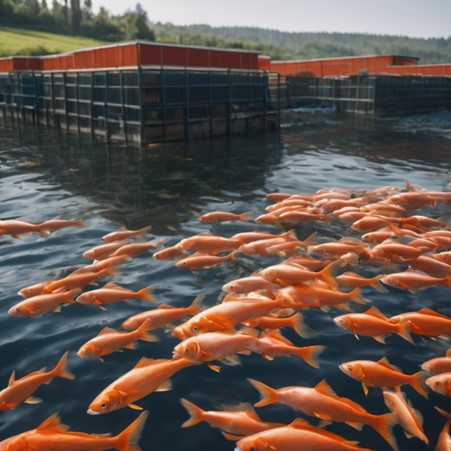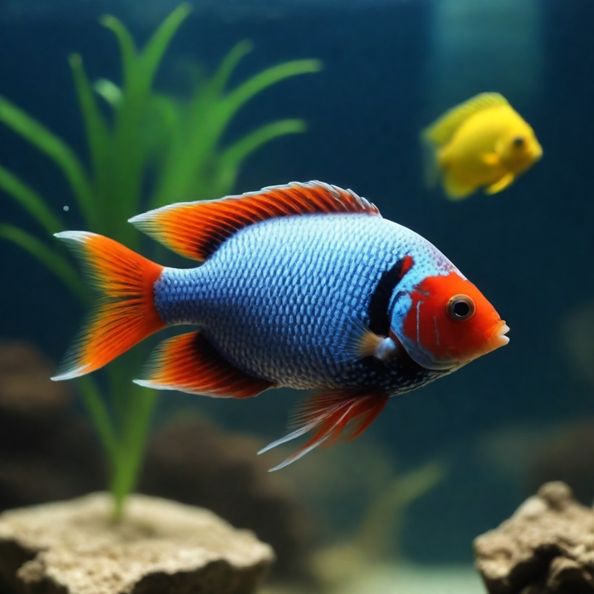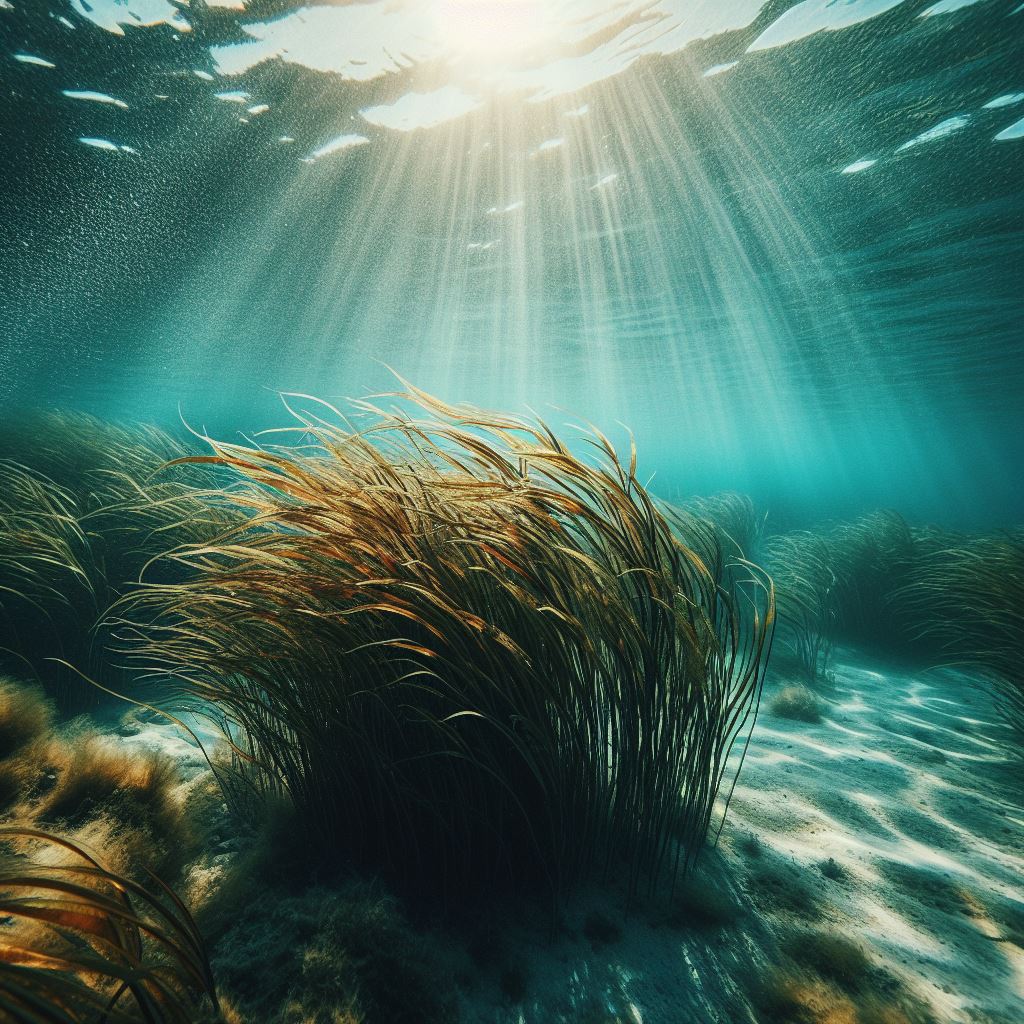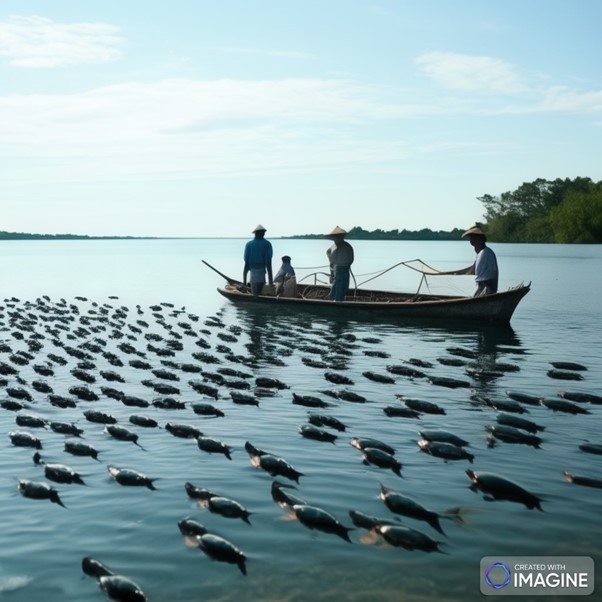Article By: Farah Izana Abdullah
Aquaculture, as an industry providing a crucial supply of seafood, plays a vital role in meeting global protein needs. However, to ensure long-term sustainability, it is necessary to understand and practice a balanced approach in terms of both ecology and economics. This article will explain the ecological and economic approaches in the effort to achieve sustainability in aquaculture.
- Ecological Approach:
- Wise Site Selection:
- Choosing aquaculture locations wisely, considering the impact on local marine ecosystems and avoiding placements that could harm the surrounding natural areas.
- Water Resource Management:
- Monitoring and managing water quality carefully, including reducing the use of antibiotics and other chemicals that could pollute the water.
- Biodiversity Conservation:
- Ensuring the conservation and protection of local marine species diversity, avoiding negative impacts on ecosystem communities.
- Effective Feed Usage:
- Using high-quality feed formulas for fish growth without exerting excessive pressure on fish stocks in the ocean.
- Rehabilitation of Natural Breeding Areas:
- Engaging in conservation and rehabilitation projects for natural breeding areas to support the natural reproduction of fish.
- Economic Approach:
- Cost and Profit Management:
- Implementing careful cost management practices to maintain the financial sustainability of aquaculture operations.
- Product and Market Diversification:
- Enhancing economic sustainability through product diversification and market development to reduce risks and depend on various income sources.
- Involvement of Local Communities:
- Involving local communities in the aquaculture process, including providing job opportunities and conducting local economic development programs.
- Investment in Green Technology:
- Developing and using green technologies to improve efficiency and reduce the environmental impact of aquaculture operations.
- Compliance with Quality and Safety Standards:
- Emphasizing compliance with quality and safety standards in fish production to maintain market reputation and ensure long-term sustainability.
Through continuous research and innovation, sustainability in aquaculture can be achieved by aligning ecological and economic needs. With this approach, aquaculture can not only continue to contribute to the global food supply but also serve as a model for other industries to achieve sustainability.

Date of Input: 06/02/2024 | Updated: 06/02/2024 | izana.abdullah
MEDIA SHARING





























